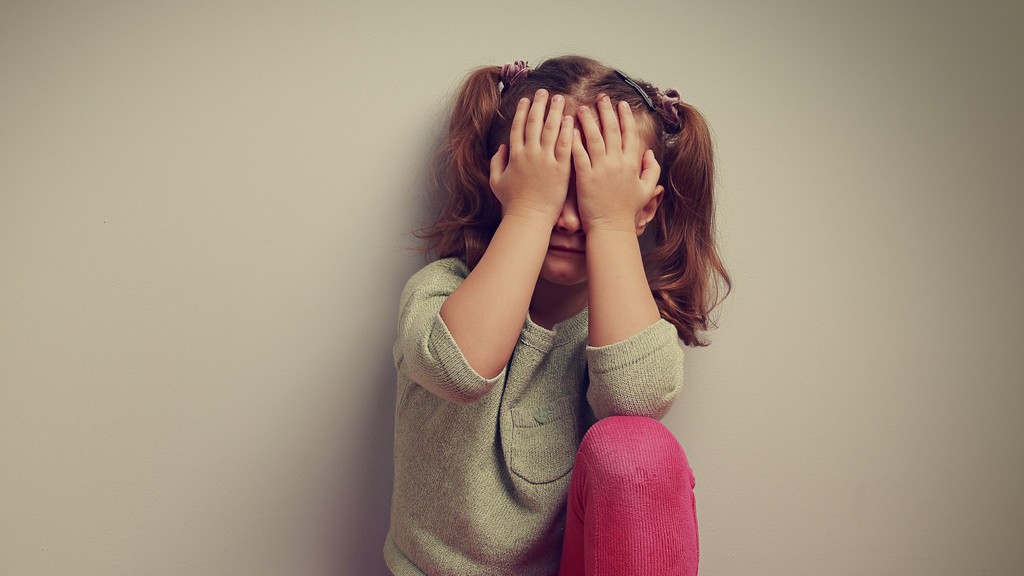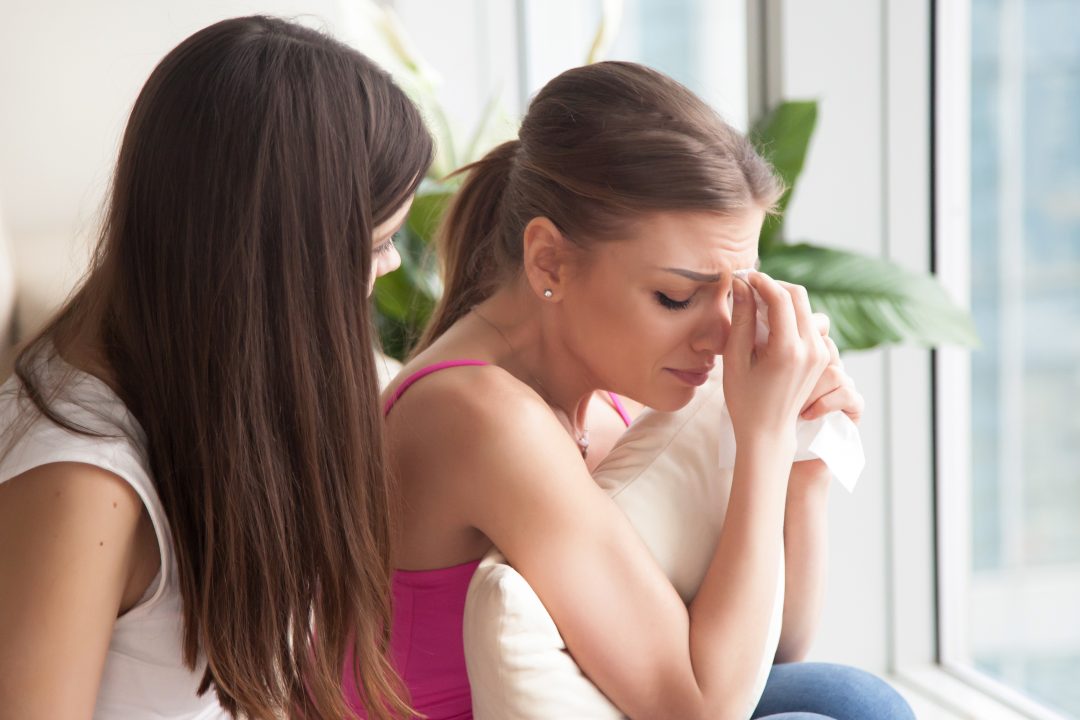Helping Children Cope: Post-Disaster Trauma Support
5 minute read
As rising waters in the local community were becoming more prevalent my 11 year old daughter was also asking about war and whether we would need to go and fight. The next morning at 5am we had to wake her up and tell her to pack a bag for a few days as she may not be able to come back to the house for a little while. At the top of her bag is her teddy bear from when she was a baby.
Five days later we were able to return to the house we had lived in since she was born to view the damage to her bedroom, her home, her community. That afternoon while picking up some sushi she had a complete meltdown simply not knowing what to order as it is not her usual sushi bar near our home. Through tears she explains that she cannot stand the smell of mud on everyone from working all day and does not want to go to dance class which is her most favourite thing to do.
The next day Miss 11 was looking forward to going back to school to see all her friends but had to be picked up early as schools were told to shut down due to a looming weather system. Her look of despair was heartbreaking. The one place she was trying to find some normal in the chaos had gone.
A week later she calls from school sobbing at the end of the phone because of something that had happened with a friend and she wants to come home. She has never made that call before. She has stopped eating her school lunch because in her lunch breaks she “thinks about everything else and what is going to happen next”.
Miss 11 is now living in short term accommodation in a new community and her fur siblings (dog & cat) are living in a pet motel. The once confident, positive, vivacious, engaging, sassy, delightful child was slowly fading away.
Whether it has been pandemics, natural disasters, the threat of war or other traumatic events going on, research shows it is impacting our children in ways that you may not have observed in your child before. (https://aifs.gov.au/cfca/bibliography/natural-disasters-and-families)
So, how do we support our children while they go through this experience?
‘One of the most uncertain times in parenting is knowing how to respond to your child when tragedy strikes, especially when it strikes close to home’, notes ParentTV and Behaviourist expert Jason Gibson. As Jason reassures, ‘parents you are fully equipped to be the parent that your child needs. Just because you are there, that in and of itself allows them to know how much you care’.
There are some things along the way that you can do to help the process so that you can encourage them when there is so much uncertainty around.
Maggie Dent, talks about anxiety in our children and that it is a ‘completely normal feeling especially when children we are feeling uncomfortable, starting something new or when we are not feeling completely safe’. The first conversation Maggie likes to have with children when they are feeling uncomfortable is to help them work out what that uncomfortable feeling is like inside their body.
Maggie shares an activity you can do with your children to start the conversation around what anxiety feels like for your child and explore language to assist your child in naming those feelings inside.
‘Trauma is not damaging to the brain it is the response to trauma that does damage to the brain’, states Nathan Wallis, Neuroscience Educator. Knowing, ‘you can heal from trauma’ is heartening for all parents and carers to hear.
Nathan gives some insight into how you can build the brain literally from the bottom to the top. Understanding the brain and what each part of your brain needs starting at:
- Brain #1 needs a didactic relationship, ‘you need just one person who is crazy for you’;.
- Brain #2 needs a steady rhythmic pattern;
- Brain #3 requires a positive disposition; and then to connect;
- Brain #4 will happen more easily which is logic and the ability to control your emotions.
‘It is the support that heals trauma’ concludes Nathan.
We hope you found some of these tips helpful in navigating what is a very tricky time in the world for both parents and children at the moment. You’ve got this!




